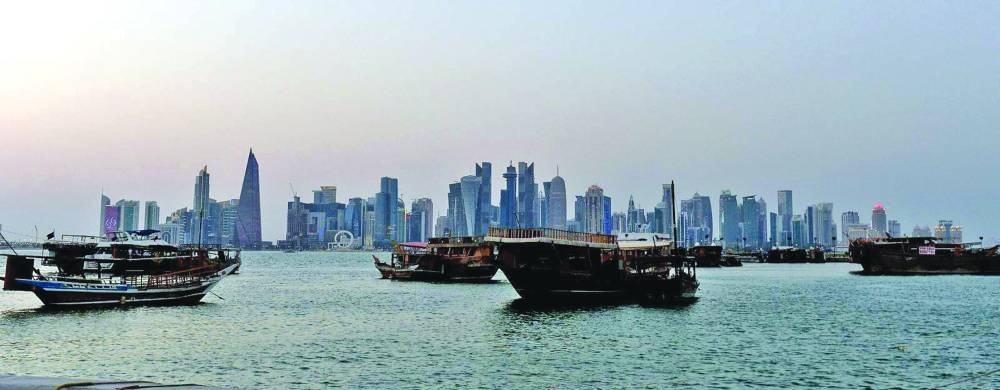Qatar is one of the two countries among the core Islamic finance markets in the second-highest category, Group B, where the recoveries range from superior to poor, according to Fitch, a global credit rating agency.
Fitch covers 14 out of the 57 member countries of the Organisation of Islamic Co-operation (QIC) in its updated country-specific treatment of recovery ratings criteria. Countries are split into four groups (A to D), with differing caps on instrument ratings and recovery ratings based on country-specific factors.
More than half of the OIC countries are in Group D – the lowest level of recovery, while none are in Group A.
"The UAE and Qatar are the only countries among the core Islamic finance markets in the second-highest category, Group B, where the recoveries range from superior to poor," it said.
Finding that sukuk restructuring scenarios continue to develop slowly and unevenly across various jurisdictions, it said so far distressed sukuk have been limited in most jurisdictions where sukuk issuance is prevalent; only 0.21% of all sukuk issued globally have defaulted as of end of first half of 2023.
Furthermore, a number of distressed issuers and investors have preferred out-of-court consensual restructurings. Hence, there is a lack of restructuring and legal precedents relating to effective enforcement, despite the growth of the global sukuk market over the past decade.
Sukuk issued on international capital markets are typically governed by English law, but a lack of legal precedents means it is often uncertain whether sukuk holders can enforce their contractual rights in local courts where the originator is domiciled, should this be necessary.
This uncertainty also applies to conventional bonds issued in the same countries.
Efforts to improve standardisation and comparability across different sukuk structures and legal frameworks have continued, including the creation of the Higher Shariah Authority in the UAE.
Still, the enforceability of investor rights, recourse, debt ranking and recoveries upon issuer default could be complicated by the differences in underlying Islamic contractual arrangements.
Most sukuk have created an economic effect similar to that of conventional bonds, but they can resemble equity-like investments. The issuance of hybrid sukuk, with equity- and debt-like components, is also growing.

Qatar is one of the two countries among the core Islamic finance markets in the second-highest category, Group B, where the recoveries range from superior to poor, according to Fitch, a global credit rating agency

